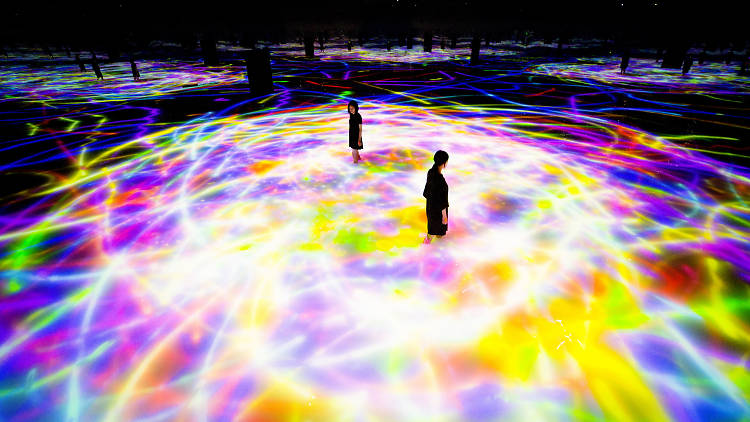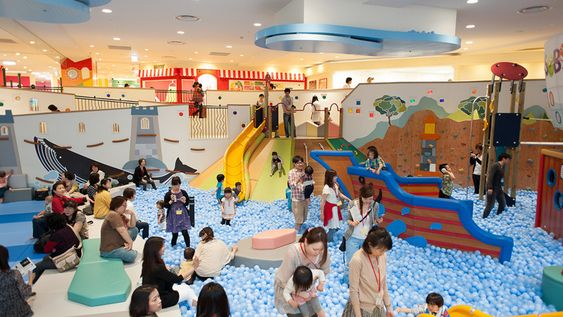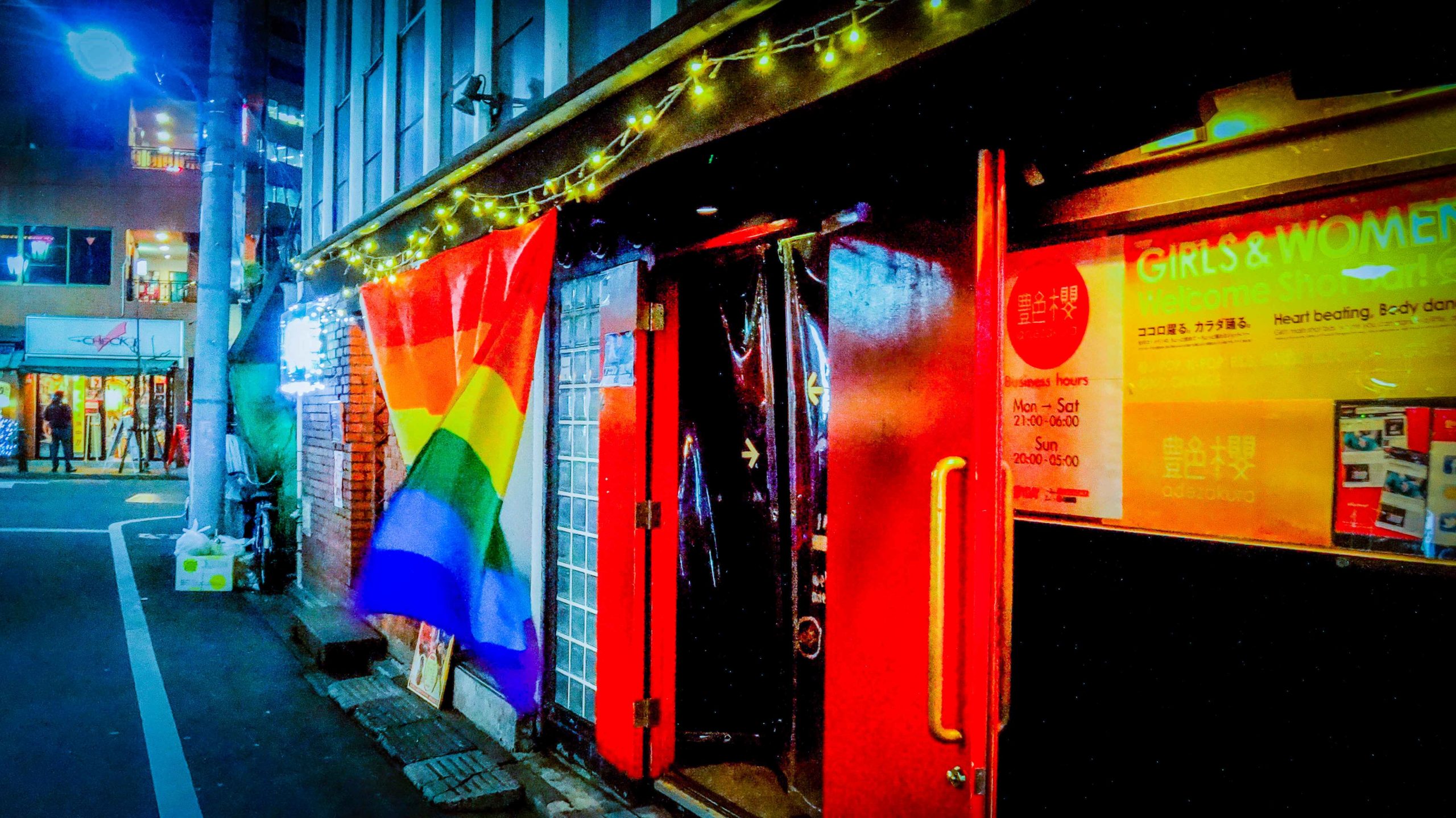Bonsai, ikebana, tea... Tokyo is the place to learn about these
You probably know that Japan has a very rich culture. There are so many cultural and social aspects in regards to a tea ceremony, or growing bonsai trees, or mastering calligraphy. However, for many, these are just the titles that they heard of but never tried to experience themselves. If you are in Tokyo, know that you have many opportunities to learn more about Japanese culture and even take part in the related classes and courses.
Bonsai
Bonsai is the art of producing and growing small trees that mimic the shapes of real-life trees. It is not about making genetic modifications to a tree, rather than growing small trees from the original seeds. The main purpose is to please the grower and the viewer.
Bonsai experience:
Bonsai school at Shunkaen Bonsai Museum.
Here you will be given a short lecture about bonsai, and then you will get to make your own bonsai. The whole process takes about 1 hour and the classes are held every day except for Mondays. 1 bonsai class will cost you 5,000 yen. For more details visit the class homepage.
Ikebana
Ikebana experience:
Ohara School.
The school offers affordable Ikebana classes in English. You can participate in a trial class and if you like it, you can sign up for one of the many courses they offer. At the end of the course, you will be granted your own Ikebana certification. You can find the additional information here.
Tea Ceremony
Tea Ceremony experience:
Happo-en is a beautiful traditional garden in Takanawa, Minato ward, where you can view some of the oldest bonsai trees and enjoy matcha with the traditional sweets. If you are interested to take a part in the ceremony yourself, you can choose from 3 different options. The time required is about 1 hour and the prices vary from 1,100 yen to 8,800 yen. More details here.
Maikoya in Shinjuku combines wearing a kimono experience and a tea ceremony experience. The experience provided in English and the atmosphere is very friendly. Please check the details here.
Calligraphy
Japanese calligraphy is the artistic writing of Chinese characters and Japanese hiragana and katakana. Japanese calligraphy also takes its inspiration from Zen Buddhism. It means that when you practice calligraphy, you are supposed to clear your mind and let the flow in you come out on the paper. Every stroke you make cannot be corrected, so if you are not at peace it will be shown on the paper.
Calligraphy experience:
Calligraphy with Yunagi, who started practicing calligraphy when she was just 5 years old. Now she has a teaching certificate and many years of experience. In her class, you can choose if you want to try to do calligraphy on paper or on a t-shirt, or even the wind bell. Please make your booking through voyagin.
Calligraphy with Tenshin, who holds the highest rank of “Shihan” and has almost 5 decades of experience in teaching calligraphy. Tenshin will not only teach you calligraphy, but he will also willingly answer all of your questions about it. The cost is 6,000 yen per class, but all the profits go for the NPO, which helps HIV-diagnosed kids in Vietnam. You can book a class with him here.
Koto
The koto is a Japanese plucked half-tube zither instrument and the national instrument of Japan. It is 180 cm long, made of Paulownia tree, and usually has 13 strings.
Koto experience:
You can take a koto class in Shinjuku. For more details check this.
Culinary Classes
Japanese cuisine (Washoku) goes way beyond sushi and offers a variety of dishes using regional and seasonal fresh ingredients. Even people, who do not like cooking western dishes, claim that cooking Japanese food is much nicer because it feels like meditation.
Japanese culinary classes:
If you want to check these claims yourself, there are many English classes where you can learn at least the basics of Japanese food and cuisine.
Tokyo Cooking School is located in Tomigaya but also offers online classes. The class in the studio costs 7,000 yen. In the class, you will learn about the ingredients and then you will cook the dishes yourself. The menu changes with the seasons.
At Cooking School Yuka Mazda Yuka sensei can teach you how to make various Japanese dishes. You can find the menu and all the booking details on her website.
Of course, Japanese cuisine is not only about ramen and sushi. Wagashi, or Japanese sweets, is also an important part of it. Foreigners are usually fascinated by the beauty and delicacy of these little sweets. Now you can learn how to make them yourself at Simply Oishii Wagashi School. They offer courses at the end of which you will get a certificate. Or you can simply attend one-time class.
At the times like these, when we cannot travel as easily as we were used to, it is the best chance to learn something new in Japan and about Japan. Either face to face or even online. Please do not hesitate to try new things and maybe get more connected with the place where you live.
If you need more ideas for fun activities in Tokyo, visits our other posts.










